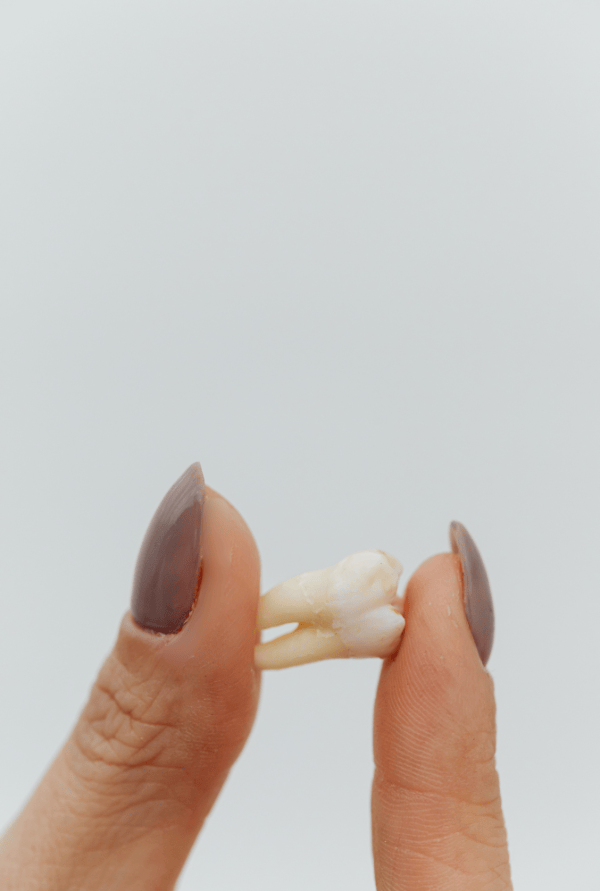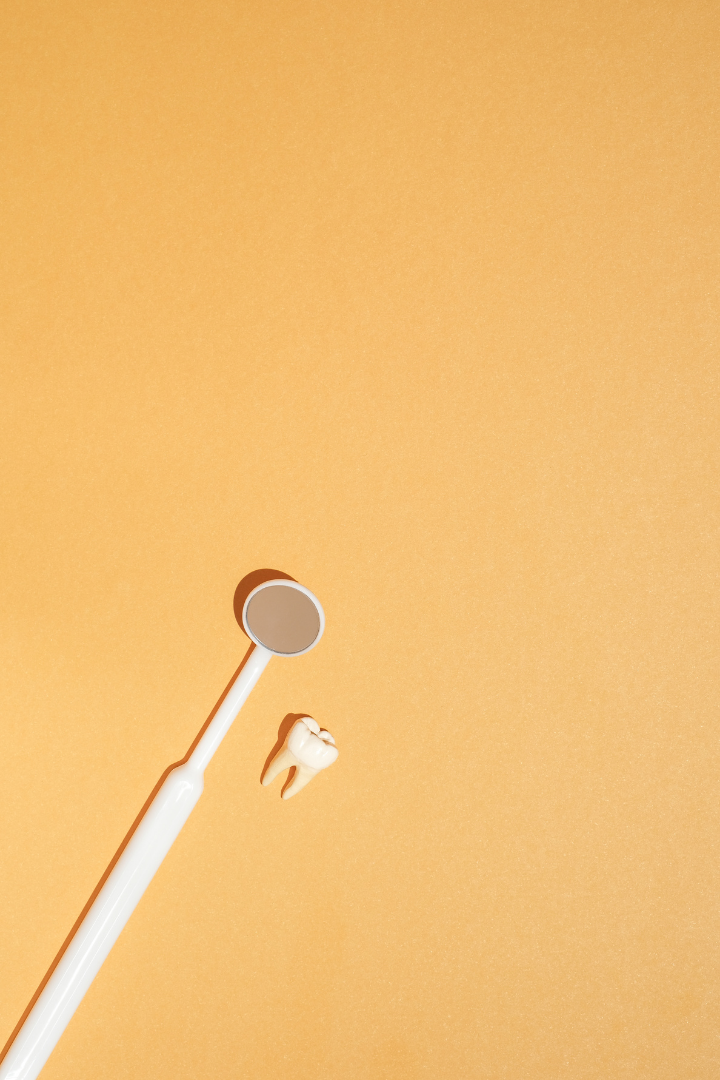NEUTRAL BAY | GENERAL & PREVENTATIVE DENTISTRY
Tooth Extractions
Gentle, careful and pain-free delivery of a tooth, when you and your dentist have decided this is the best course of action for this tooth.
When does a tooth need to be pulled out?
While our priority is always to preserve your natural teeth, there are times when an extraction becomes necessary. Your dentist may recommend a tooth extraction if the tooth is too decayed, infected, cracked, or damaged to be repaired, or if it’s impacted, like a wisdom tooth. Other common reasons include severe gum disease that has caused bone loss, or baby teeth that haven’t fallen out naturally.
Is tooth extraction painful?
No — the procedure itself is not painful, although you may experience pressure and some mild discomfort. At Oaks Dental your dentist will apply our strong numbing gel followed by local anaesthesia to make sure you don’t feel any pain during the extraction. After the procedure, some discomfort is normal, but manageable with medication and care.

What to expect during a tooth extraction
1. Initital Consultation
We begin with dental x-rays to assess the damage of your tooth (eg. decay, gum disease, infection) and to determine if extraction is necessary. Your dentist will discuss alternative treatment options available to you; and what to expect throughout and after the extraction
2. Local Anaesthetic
Strong numbing gel is applied, followed by local anaesthesia, to ensure a pain-free procedure.
3. Removal of the Tooth
We carefully and slowly apply pressure to the tooth to gently loosen it before removing the damaged or problematic tooth. This reduces the stress to your jaw and improves healing.
4. Aftercare Guidance
You’ll receive clear instructions for rest, medication, swelling management, and healing. Your dentist may prescribe you with some antibiotics and analgesics.


Frequently Asked Questions
How long does it take to recover from a tooth extraction?
Most people recover within 3–7 days. The healing time may vary depending on the complexity of the extraction and your general health. Swelling, tenderness, and minor bleeding are common in the first 24–48 hours.
What should I do after a tooth is removed?
Aftercare is important to help you heal and prevent complications so it is important to follow your dentist’s instructions. You should avoid smoking, spitting, or using straws for 48 hours, eat soft foods (like yoghurt, mashed potatoes, soups), use a cold compress to reduce swelling, keep the area clean (but avoid brushing the socket).
What is dry socket, and how do I avoid it?
Dry socket is a painful condition that occurs when the blood clot at the extraction site dislodges or dissolves too soon. It usually occurs within the first week after the extraction. It can occur more frequently after wisdom tooth extraction. To prevent dry socket:
- Avoid rinsing or gargling for at least 48 hours after your extraction
- Avoid smoking or vaping
- Don’t drink through straws
- Follow your aftercare instructions carefully
Can I replace a tooth after extraction?
Yes — extracted teeth can be replaced with dental implants, dental bridges, or dentures. At Oaks Dental, we’ll discuss prior to your tooth removal, your tooth replacement options with you to restore both function and appearance.
Will my bite change after a tooth extraction?
Yes, when an extracted tooth is not replaced soon after, neighbouring teeth can move (eg. Tipping, drifting, over-growth of the opposing chewing tooth). This can limit replacement options in the future.
How much does a tooth extraction cost?
The cost varies depending on whether the extraction is simple or surgical, and how many teeth need to be removed. At Oaks Dental, we can provide a detailed estimate after your consultation, with no pressure.
Will my health insurance cover tooth extractions?
If you have dental extras cover, your private health insurance may partially or fully cover the cost of your extraction. We can check your rebate on the spot before treatment.
